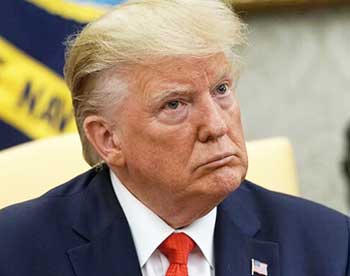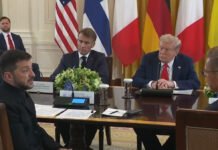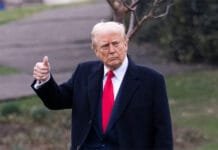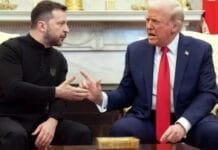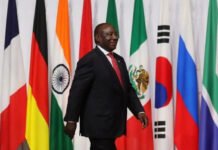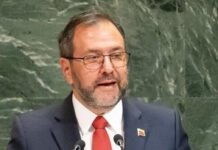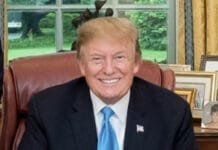Tensions between the United States and Colombia escalated this week as former President Donald Trump publicly accused Colombian President Gustavo Petro of being an “illegal drug leader” and warned of imminent tariff impositions and aid cuts if Colombia fails to curb drug production.
🔹 The Statement
In a high-profile press briefing, Trump stated, “If Colombia does not act decisively against narcotics, the United States will have no choice but to impose strict tariffs and reconsider foreign aid commitments. The world cannot tolerate this level of negligence.”
The announcement has drawn global attention, with analysts labeling it as one of the most direct confrontations between the two countries in decades.
🔹 Trade and Economic Implications
Trump’s threat targets key sectors in Colombia’s economy, including coffee, textiles, and oil exports. Economists warn that new tariffs could slow trade, trigger inflation, and destabilize Colombia’s fragile economic recovery.
Pedro Alvarez, a Colombian trade analyst, noted, “The repercussions of these tariffs could ripple across Latin America. Businesses will have to recalibrate, and foreign investment may be delayed.”
🔹 US-Colombia Relations
Relations between the US and Colombia have historically been shaped by drug enforcement and trade agreements, including Plan Colombia, which allocated billions in aid to combat narcotics.
Political analyst Maria Fernandez commented, “Trump’s rhetoric marks a shift from diplomatic engagement to a more punitive approach. This could strain bilateral relations for years.”
🔹 Domestic Political Fallout in Colombia
Inside Colombia, President Petro is facing intense scrutiny from opposition parties and civil society groups. Many see Trump’s threat as a challenge to national sovereignty, while supporters of Petro emphasize ongoing anti-drug reforms.
Petro addressed the nation, saying, “Colombia remains committed to fighting narcotics while preserving our democratic processes. External pressure must respect our sovereignty and institutions.”
🔹 Regional Impact
The Latin American region is closely monitoring developments. Countries like Brazil, Mexico, and Peru are concerned that escalating US-Colombia tensions could affect regional trade, migration, and security cooperation.
Dr. Javier Torres, a Latin America political expert, noted, “This is not just bilateral. The region’s economic stability and diplomatic alignments could be influenced if tariffs are enacted or aid suspended.”
🔹 Global Political Repercussions
Trump’s approach also reflects broader geopolitical considerations, including US domestic politics and influence in Latin America. Analysts suggest that the timing of these statements could be linked to Trump’s ongoing political ambitions and positioning for future elections.
Global financial markets responded cautiously, with Colombian peso futures dropping slightly and stock markets experiencing minor volatility. Investors are monitoring whether the US administration will follow through with formal measures.
🔹 Diplomatic Channels Remain Active
Despite Trump’s public statements, diplomatic channels remain active. The Colombian Ministry of Foreign Affairs confirmed ongoing communications with US counterparts to clarify positions and explore cooperative solutions.
Ambassador Juan Carlos Pinzón stated, “Colombia seeks dialogue over confrontation. We are confident in our policies and our commitment to combating narcotics with integrity and transparency.”
🔹 Looking Ahead
Experts predict that the next few months will be critical. With both countries facing internal pressures — Trump with domestic political considerations and Petro with electoral preparations — the situation could escalate or de-escalate depending on negotiations.
Political analyst Laura Martinez summarized, “This episode illustrates the intersection of domestic politics, international diplomacy, and trade. The outcome will shape US-Latin America relations and set precedents for how the US addresses governance concerns abroad.”

